As Not-for-profits continue to recover from reduced donations, limited fundraising options and other disruptions from the pandemic, they’re now facing the challenges of the post-COVID world. Across industries, there is a growing trend of remote and hybrid working with 73% of workers wanting flexible working options to continue.
The not-for-profit sector is no exception to this change, according to The Charity Digital Skills Report 2021, 68% of respondents are planning to adopt hybrid working long-term. During the pandemic, the priority for charities was to continue to serve their mission statement and adapt to the challenges of lockdowns and fundraising. Now, a new era of hybrid working is changing the way not-for-profits work and bringing with it a new set of challenges.
Not-for-profit organisations looking to benefit from the flexibility of hybrid working need to ensure their technology and digital infrastructure is optimised to support secure and productive remote working.
What are the benefits of hybrid and remote working for not-for-profits?
Hybrid and remote working offer not-for-profits and charities the opportunity to create a more flexible and inclusive working environment while reducing costs and gaining access to a wider pool of talent.
By embracing remote working options, not-for-profits can remove barriers, better support their staff and better serve their mission. Not only does it widen the geographical pool of talent, but it also enables more flexible working conditions which are essential to many working parents and people with disabilities for example.
It’s not just greater inclusivity, not-for-profits can reduce overheads and make precious funds go further too. By moving to remote or hybrid working charities can reduce the costs associated with maintaining a large office space while making the most of the investment in technology they made early in the pandemic. Microsoft offers special pricing for not-for-profits and cloud technologies like Microsoft 365 and Teams subscriptions are based on the number of licenses you need, so you only ever pay for what you’re using without the need for large up-front investment.
How can not-for-profits improve their hybrid working setup?
A key aspect of remote working that may have gone overlooked is optimising your setup so that teams are not just adapting to working from home but thriving. There are two important elements to this – keeping your data secure and keeping teams connected.
Microsoft 365 and Teams not only keep your team and volunteers connected and collaborative, but make securing access to your documents easy. Not-for-profit teams can interact effortlessly with instant messaging, video calling and virtual meetings in Microsoft Teams while collaborating in real-time on files in M365. Collaborate with teams and volunteers from anywhere to keep them engaged and supported as they carry out their important work.
Plus, features like Endpoint Manager allow you to centrally patch and update devices from anywhere while Multifactor Authentication makes sure only authorised personnel can access documents, safeguarding any sensitive data.
With these tools, your team can operate a remote call centre, support volunteers, and even deliver services from anywhere on a range of devices.
How we can help optimise hybrid working for not-for-profits
We offer six Microsoft funded modern work workshops providing in-depth guidance from our modern work experts. Explore Microsoft’s modern work stack, explore the potential and get personalised advice tailored to your organisation’s needs. From useful features to keeping your infrastructure secure, our workshops will give you the knowledge and actionable next steps you need to optimise your remote working setup.
Our Microsoft funded workshops include:
- Endpoint Management
- Enable your frontline
- Hybrid Meetings
- Modernise communications
- Next-gen endpoints
We’re a Microsoft Gold Partner and hold multiple Advanced Specialisations, including:
- Calling for Microsoft Teams
- Meetings and meeting rooms for Microsoft Teams
- Identity and access management
- Teamwork deployment
Hybrid working for not-for-profit customers
We partnered with not-for-profit YMCA Bournemouth to modernise and transform their IT systems and migrate their on-premises systems to the cloud in order to boost their productivity and cut costs. To limit disruption and ensure they could continue their valuable work, we opted for a phased deployment, taking their transformation a step at a time.
Since the project was completed YMCA Bournemouth have seen significant cost savings. In fact, they estimate that their annual costs have dropped by 32%, or approximately £30,000. They’ve also seen a vast improvement in response times across the organisation, allowing them to deliver the life-changing work they do better.
“Transparity’s expertise – coupled with collaborative and innovative IT solutions – are paving the way for transforming our IT infrastructure. We will benefit immensely from a more coherent platform on which to build our most significant IT projects, which will enable us to make better, more intelligent use of our data. Transparity’s staff are approachable and very knowledgeable; their support framework enables them to rapidly escalate issues as necessary. Transparity have played a vital role in Transforming our IT infrastructure.”
Jonathan Chadd, Building & Services Development Manager at YMCA Bournemouth
Next steps to elevate hybrid working for not-for-profits
Remote and hybrid working in not-for-profits and charities is here to stay and is set to elevate both the working experience for staff and their ability to impact their mission. While the benefits of hybrid working transform the industry, it’s key to ensure the technology is optimised to facilitate staff productivity and the security of your data.



